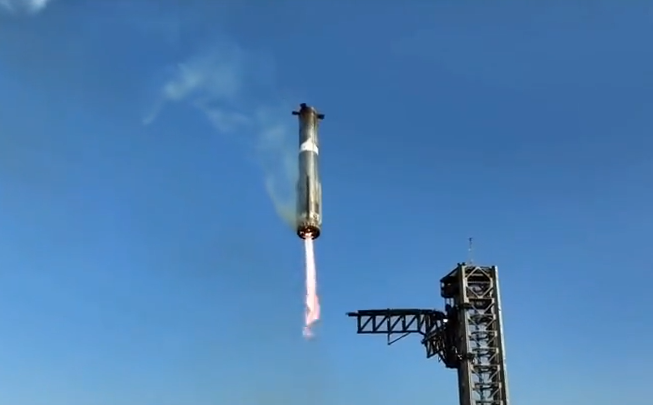SpaceX's ninth test flight of its Starship rocket ended in failure Tuesday evening after the spacecraft lost attitude control due to a propellant leak, disrupting its planned landing and satellite deployment. The launch, conducted from the company's Boca Chica facility in Texas, marked the latest setback for the program championed by Elon Musk to make space travel fully reusable and eventually enable human missions to Mars.
The spacecraft experienced a series of malfunctions shortly after reaching space. According to SpaceX announcers during the livestream, the booster stage-responsible for guiding Starship back to Earth-was lost during reentry. The vehicle began spinning uncontrollably, rendering it unable to perform the planned heat-shield stress test involving the removal of 100 protective tiles.
A key payload door failed to open, preventing the deployment of eight Starlink simulator satellites aboard the test flight. "With a test like this, success comes from what we learn," SpaceX stated in a post on X following the failure. "Today's test will help us improve Starship's reliability as SpaceX seeks to make life multiplanetary."
The Starship system consists of a Super Heavy booster powered by 33 Raptor engines and a spacecraft stage driven by six additional engines. While separation and ascent initially went as planned, the system faltered during the spacecraft's orbital return.
Hot-stage ring jettison following the first-ever successful re-flight of a Super Heavy booster during Starship Flight 9 today pic.twitter.com/Exjd4gsKPP — John Kraus (@johnkrausphotos) May 28, 2025
Remaining debris from the flight is expected to fall into the Indian Ocean. SpaceX's livestream ended shortly after the vehicle lost altitude control, and mission announcers acknowledged a controlled landing would not be possible.
The Federal Aviation Administration has been notified and will oversee an investigation into the incident. So far, no damage or injuries on the ground have been reported.
Starship has previously experienced catastrophic failures during test missions. In two launches earlier this year, the vehicles exploded mid-flight, scattering debris across parts of the Caribbean and forcing commercial aircraft to divert. In both instances, SpaceX attributed the failures to distinct hardware and structural issues.
"While the failure manifested at a similar point in the flight timeline as Starship's seventh flight test, it is worth noting that the failures are distinctly different," SpaceX said in an earlier statement after the March incident.
Environmental scrutiny continues to follow SpaceX's operations at the Boca Chica launch site. Federal and state records show the company was fined $150,000 in September for violations of the Clean Water Act involving wastewater discharge. A separate report from the Coastal Bend Bays & Estuaries Program found that repeated launches had destroyed the nests of vulnerable shorebirds.
Despite technical and regulatory challenges, the company remains committed to its rapid launch schedule. "Developmental testing by definition is unpredictable," SpaceX stated. "But by putting hardware in a flight environment as frequently as possible, we're able to quickly learn and execute design changes as we seek to bring Starship online as a fully and rapidly reusable vehicle."
SpaceX has not yet announced the date of its next launch.






